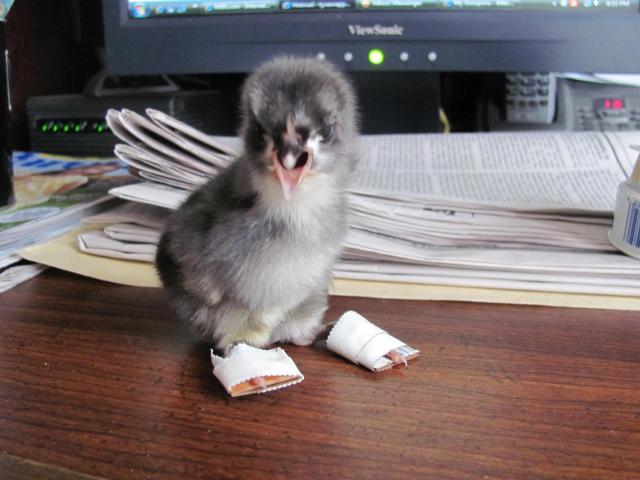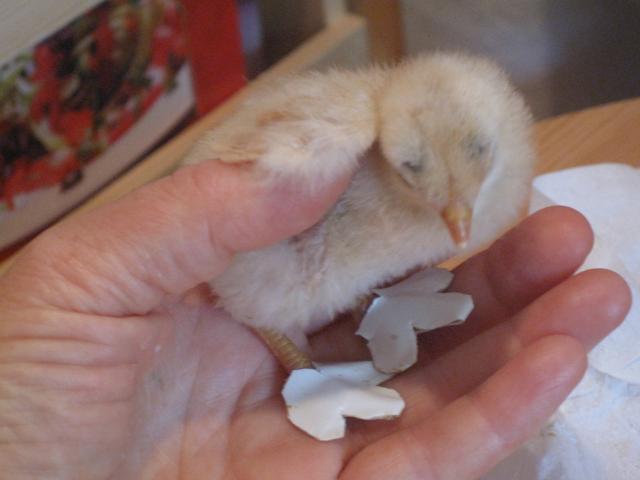- Sep 17, 2014
- 160
- 14
- 116
I found my chicken hobbling around on her knuckle on Saturday. I called the vet and she gave me Vitamin B complex injections to give her for three days. I dont see much improvement at all. Does anyone know if this damage will be permanent? Would a Boot or brace help her out? I hate to put her down but I'm worried she wont be able to get around to the food and water with all the other chickens in the coop. I have her isolated in the garage now and am feeding her scrambled eggs and yogurt hoping she will improve. Also any suggestions on Riboflavin supplement to add to the feed I have? I'm worried if one is deficient, that the others may be as well. Everything I read online is pretty vague about recovery for this. Thank you!





